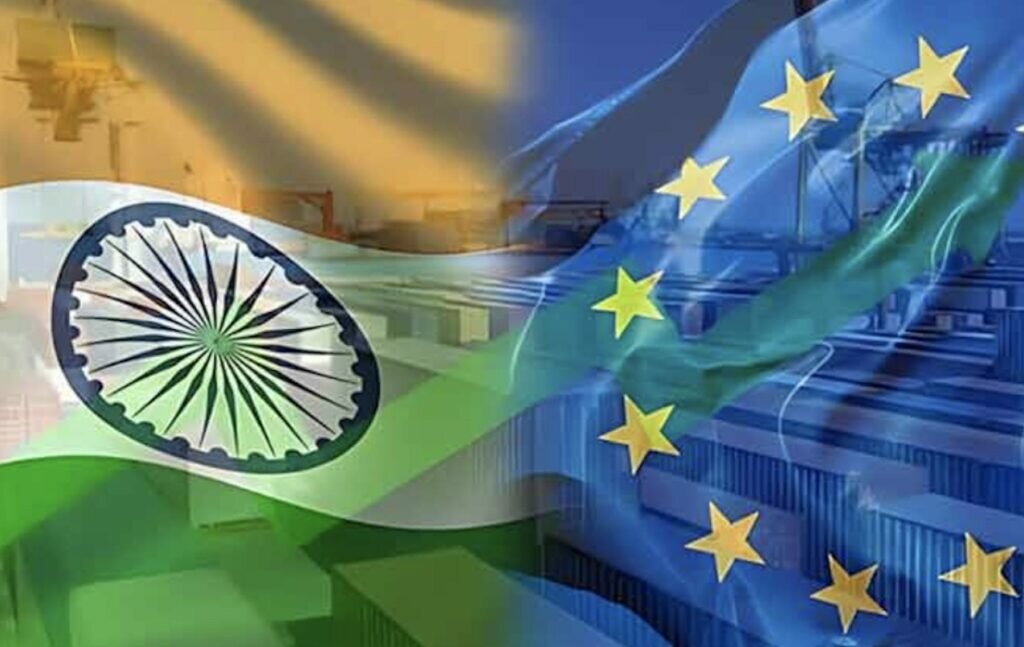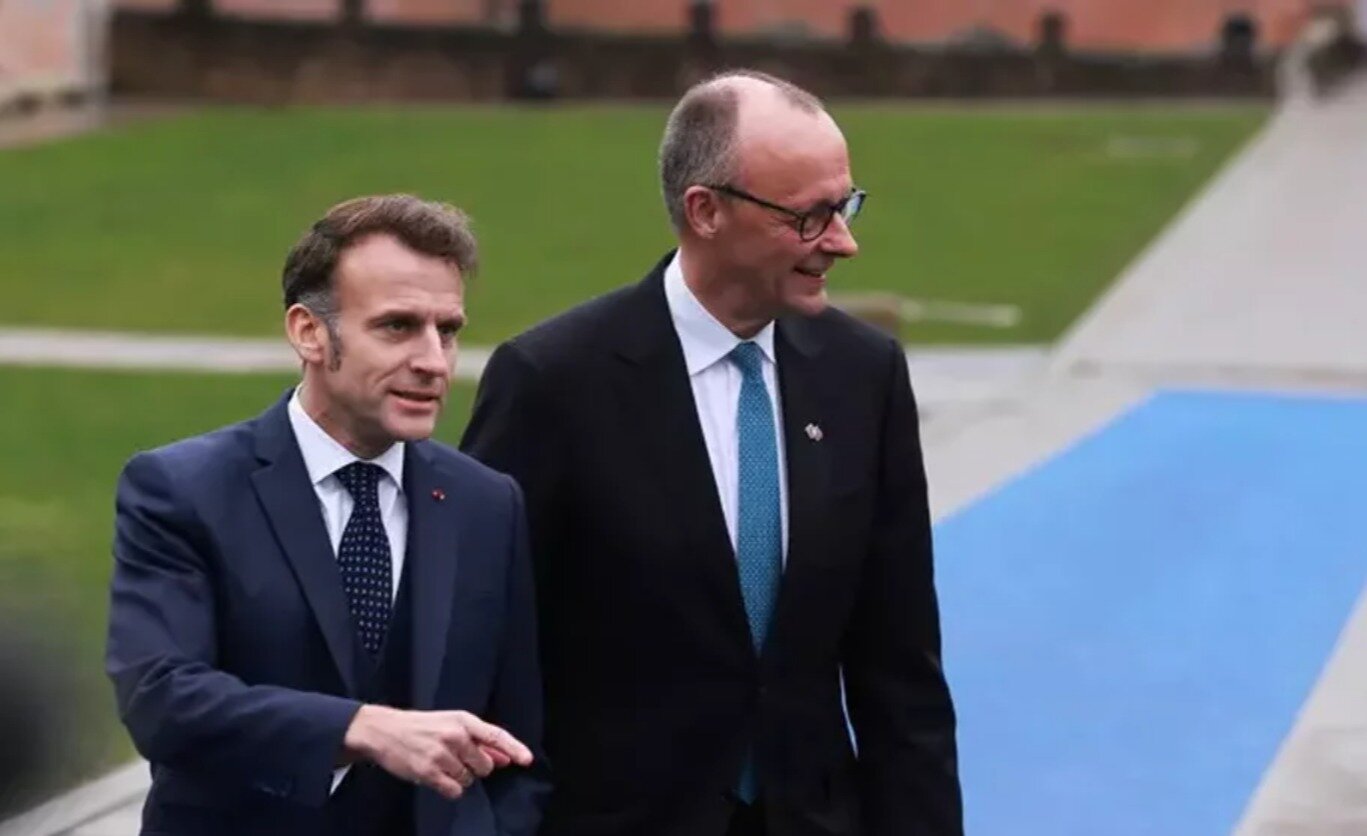EN - The fall of the Syrian Al-Assad regime inevitably brings with it radical changes for the nation. The new Prime Minister Al-Bashir took office promising significant changes in terms of guaranteeing the rights of all peoples, and many were the Syrian refugees who, because of the dictator's oppression, after the news of Al-Assad's flight to Moscow decided to return to their homeland, especially those who had decided to move to neighbouring countries such as Turkey. The new Syrian Prime Minister will be flanked in this transitional phase by leader AlJolani, head of the Levant Liberation Committee, who has declared that his main objectives include providing the people with essential services, such as electricity and restoring security and stability to the entire country. The question to be clarified does not only refer to the future of Syria, but also to the influence that this event could have on European countries and how the latter have placed themselves in front of this historic event. The President of the European Commission von der Leyen said: "The collapse of the Assad regime it offers new hope to the Syrian people. But this moment of change it also involves risks and difficulties. With the situation so unstable, the our help to the Syrian people is increasingly important" A new Humanitarian Air Bridge operation is ready in Brussels "for the most needy in Syria" and an airlift for the transport of vital supplies. The Commission has increased humanitarian funding for this year to over 160 million euros. A humanitarian airlift is also being launched. Meanwhile, the spectre of a new migration emergency materializes. The German government declared that it could not grant and recognize the right of asylum to the Syrian population and the same has been decided by the governments of Italy, Austria and Belgium.
There are doubts in European capitals about the real intentions of the new ruling class of the Syrian people, about what approach and support it deserves, and about its ability to alleviate the discontent of internal ethnic groups disadvantaged by the new set-up.
Although it is impossible, as of today, to imagine what the future of Syria will look like, the geopolitical context is in favour of the West, which is keen to understand in what form and manner Russia and Iran will associate the fall of Assad with the irreversibility, or otherwise of a garrison, over this traditional outpost of their influence in the Middle East.
In time, the EU will understand whether the new leaders will keep their promises of a lighter Islamism, starting with law and order, internal security and legality, and the respect for cultural and religious diversity.
If the leaders were to respect the pre-conditions, Western countries might have an interest in offering external support and cooperation, while waiting to verify consistency between promises and actions.
It will be up to the West to be realistic and patient: the claim of having allies in the world who have passed purity tests on human rights is not easy and has already led to too many disappointments in the past.
IT - La caduta del regime siriano di Al-Assad porta con sé inevitabilmente cambiamenti radicali nel cuore del Paese. Il nuovo Primo Ministro Al-Bashir si è insediato promettendo mutamenti significativi in termini di garanzia dei diritti di tutti i popoli e molti sono stati i rifugiati siriani che, a causa dell’oppressione del dittatore, dopo la notizia della fuga di Al-Assad verso Mosca hanno deciso di far ritorno nella loro terra d’origine, specie chi aveva deciso di spostarsi in Paesi confinanti come la Turchia. Il nuovo Premier siriano sarà affiancato in questa fase di transizione dal leader Al Jolani, capo del Comitato di Liberazione del Levante, che ha dichiarato che tra gli obiettivi principali rientrano quello di offrire al popolo servizi essenziali come l’elettricità e quello di ristabilire la sicurezza e la stabilità dell’intero Paese.
La questione da chiarire non fa riferimento solo al futuro della Siria ma anche all’influenza che questo avvenimento potrebbe avere sui Paesi europei e come questi ultimi si sono posti davanti a questo evento storico. La Presidente della Commissione europea von der Leyen ha affermato: “Il crollo del regime di Assad offre una nuova speranza al popolo siriano. Ma questo momento di cambiamento comporta anche rischi e difficoltà. Con la situazione sul campo così instabile, il nostro aiuto al popolo siriano è sempre più importante”.
Pronta a Bruxelles una nuova operazione Humanitarian Air Bridge “per i più bisognosi in Siria” e un ponte aereo per il trasporto di rifornimenti vitali. La Commissione ha aumentato i finanziamenti umanitari per quest’anno a oltre 160 milioni di euro. È inoltre in fase di lancio un ponte aereo umanitario.
Intanto si materializza lo spettro di una nuova emergenza migratoria. Il governo tedesco ha dichiarato di non poter concedere e riconoscere il diritto di asilo alla popolazione siriana e lo stesso hanno deciso i governi di Italia, Austria e Belgio.
Nelle capitali europee si nutrono dubbi sulle reali intenzioni della nuova classe dirigente del popolo siriano, su quale approccio e appoggio essa meriti, nonché sulle sue capacità di attutire il malcontento di etnie interne sfavorite dal nuovo assetto.
Anche se è impossibile, ad oggi, immaginare come sarà il futuro della Siria, il contesto geopolitico è a favore dell’Occidente, attento a comprendere in che forma e modalità Russia e Iran assoceranno alla caduta di Assad l’irreversibilità o meno di un presidio su questo tradizionale avamposto della loro influenza in Medio Oriente.
Col tempo l’UE capirà se i nuovi leader manterranno le promesse di un islamismo più leggero, a cominciare dall’ordine pubblico, dalla sicurezza e dalla legalità interna e dal rispetto delle diversità culturali e religiose. Se i leader dovessero rispettare le pre-condizioni di partenza i Paesi Occidentali potrebbero avere un interesse a offrire appoggio esterno e collaborazione, nell’attesa di verificare coerenza tra promesse e azioni.
Toccherà all’Occidente essere realista e paziente: la pretesa di avere alleati nel mondo che abbiano superato esami di purezza sui diritti umani non è semplice e già in passato ha portato a troppe delusioni.
Michele Carbotti per @europolitiche.it








